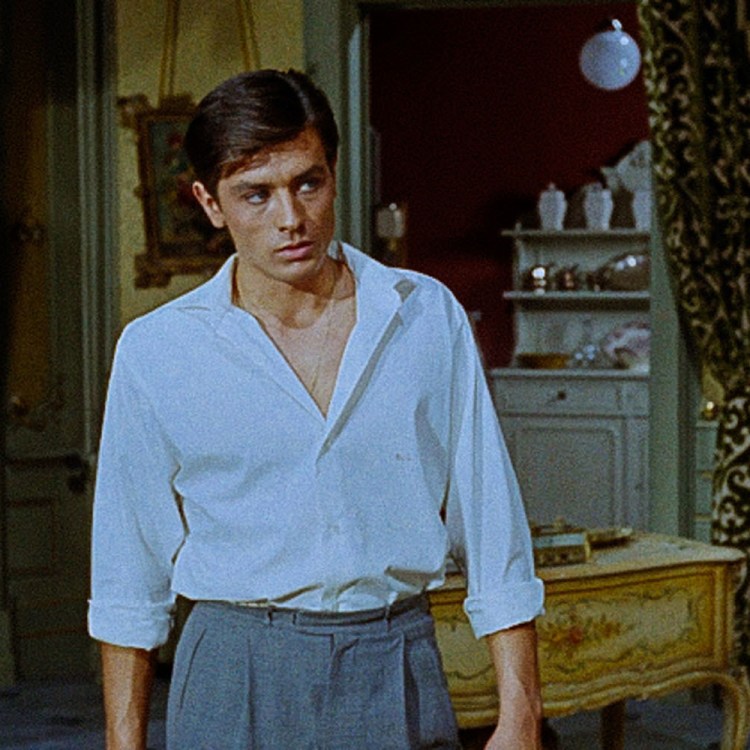
Oscars have always been associated with stars.
Sometimes it’s a crucial step relatively early in their career, like Jennifer Lawrence’s Academy Award win for Silver Linings Playbook in 2013. In other cases, it seems to honor decades of work already done, such as when Leonardo DiCaprio collected for The Revenant in 2016.
There have been times, however, when the victors travel a path from the podium that’s very strange indeed. Here are five unexpected winners whose lives didn’t go according to the script in the years to come:
Katina Paxinou (1944: Best Actress in a Supporting Role, For Whom the Bell Tolls). No career has ever had a better start, as her very first film brought this accomplished Greek stage actress both an Oscar and a Golden Globe. Yet Hollywood success didn’t follow, and she soon returned to Europe. She continued acting until her death at 72 in 1973, focusing on the stage but appearing in one more (Italian) film classic: Visconti’s Rocco and His Brothers.
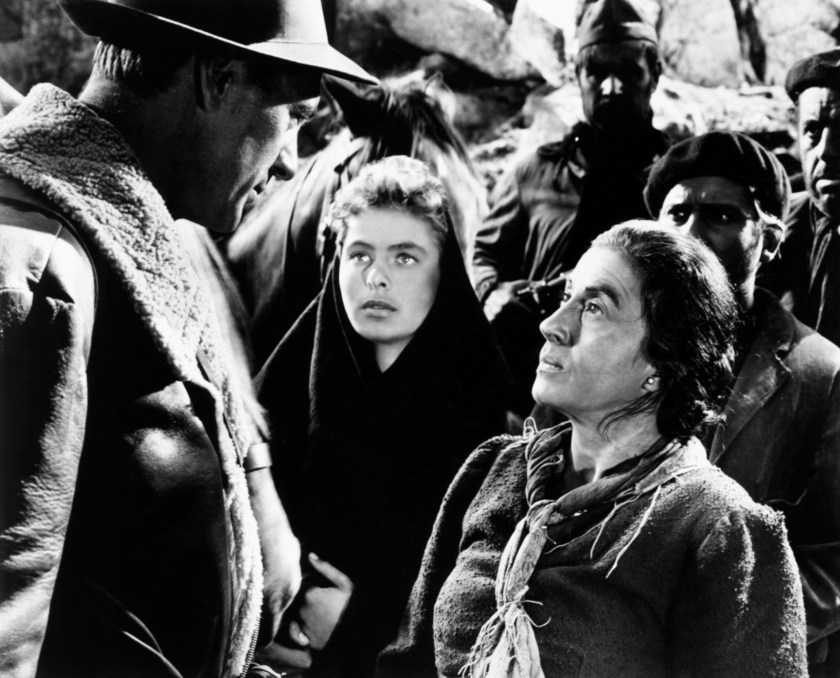
Harold Russell (1947: Best Supporting Actor and an Honorary Award, The Best Years of Our Lives). Russell actually topped Paxinou by managing to win two Oscars for his first film. The Academy was so determined to honor Russell they created a special award for him, only to see him win the regular one as well. He deserves both, because Russell’s story remains uniquely remarkable in the annals of film history. A non-actor, he was cast in The Best Years of Our Lives as a veteran making the often difficult adjustment to life back home because that’s exactly what he was: Russell had lost both hands in World War II. Having won two Oscars, Russell abandoned show biz for decades, observing “there wasn’t much call for a guy with no hands in the motion picture industry.” Indeed, he didn’t make his second movie until 1980, 34 years after his cinematic debut. Russell died at 88 in 2002.
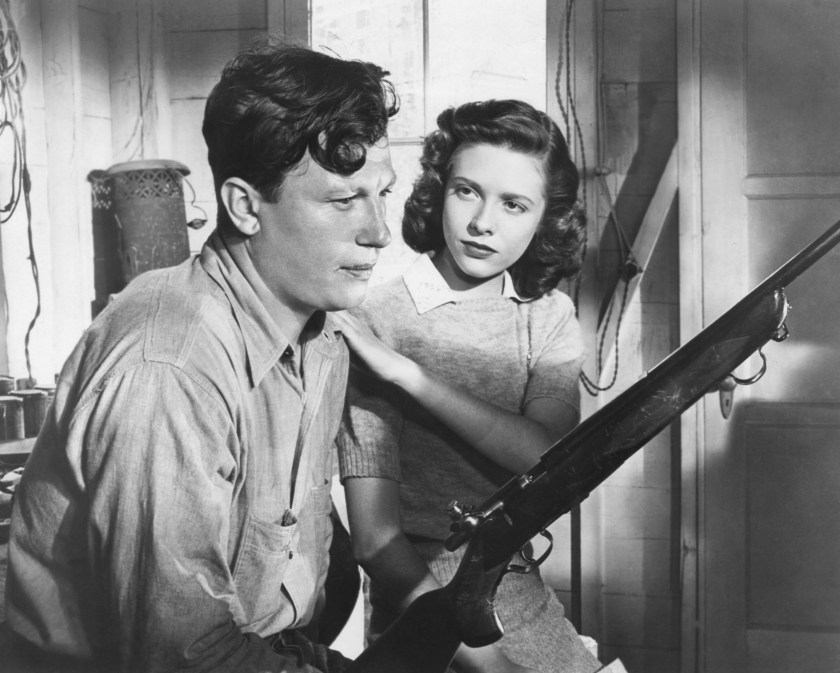
Dr. Haing S. Ngor (1985: Best Actor in a Supporting Role, The Killing Fields). A Cambodian refugee, Ngor had no acting experience when he was cast in The Killing Fields, about Pol Pot’s “cleansing” campaign in Cambodia. His casting was a case of art imitating life, as documented in Roger Ebert’s account of the torture Ngor experienced in Cambodia. Unlike Paxinou and Russell, Ngor embraced acting in Hollywood after his win. Tragically, he would not get to do much of it. He was murdered in Los Angeles in 1996 at the age of 55. While officially listed as a robbery gone wrong, his killing has long been rumored to be retribution by Cambodian elements for appearing in The Killing Fields.
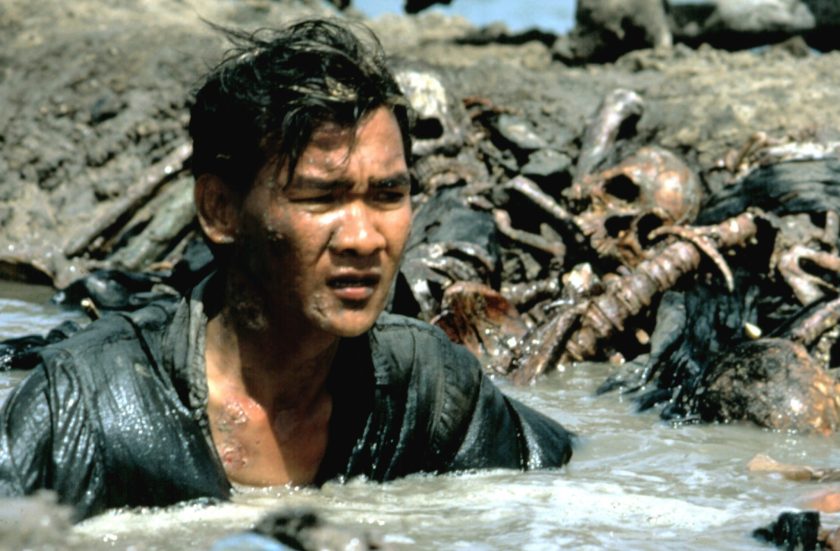
Tatum O’Neal (1974: Best Actress in a Supporting Role, Paper Moon). O’Neal became the youngest actor to win an Oscar when she received hers at just 10. Her next film was another smash: 1976’s The Bad News Bears. Soon, however, her life became one of the examples cited for not getting kids involved in show business at too young an age. O’Neal’s 2004 book A Paper Life is a particularly damning portrait of her father and Paper Moon costar, Ryan O’Neal. She alleges he was angered and physically abusive after she won an Oscar for the film while he did not, and that he did not come to her aid when she was abused by a drug dealer. While Tatum continues to act today, her later career has been overshadowed by public scandals like her drawn-out divorce from tennis legend John McEnroe.
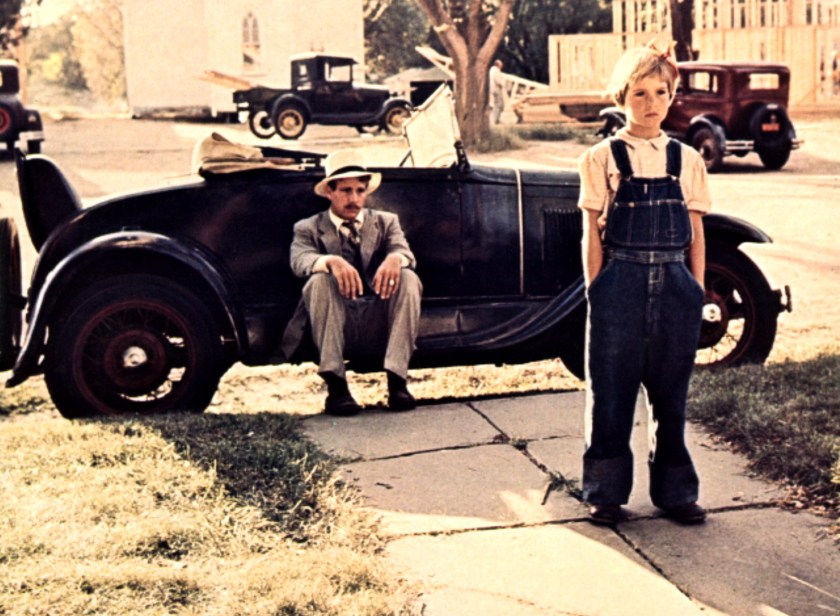
Roberto Benigni (1999: Best Actor, Life Is Beautiful). It remains the most shocking win in Oscar history: Best Actor for the star of a comedy in Italian about the Holocaust. (Benigni also directed and co-wrote the film.) Benigni’s next project was equally crazy: a live-action Pinocchio starring a man on the verge of turning 50. This time it proved not to be an unexpected triumph, but a unmitigated disaster: the film made less than $4 million during its U.S. run (it was projected as a potential blockbuster complete with McDonald’s tie-ins) and posted a horrifying 0 percent approval rating on Rotten Tomatoes. Benigni has not directed a movie since 2005.
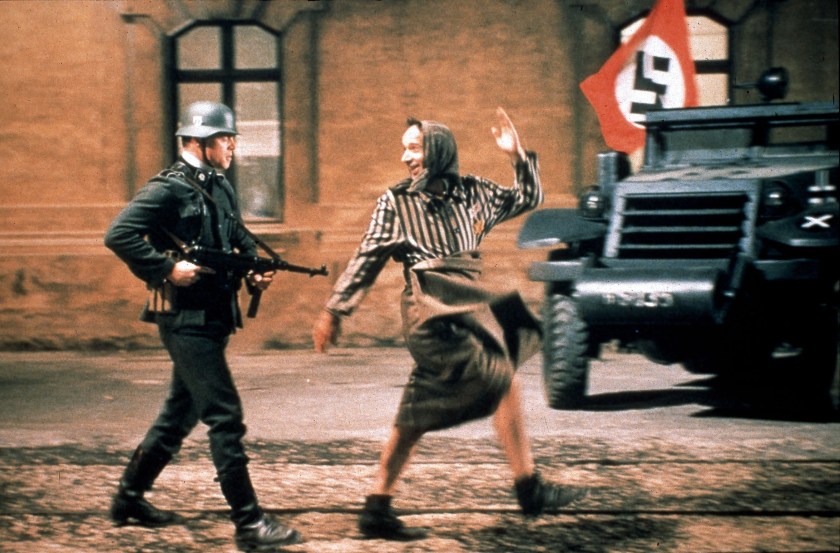
—Sean Cunningham for RealClearLife
This article was featured in the InsideHook newsletter. Sign up now.



















